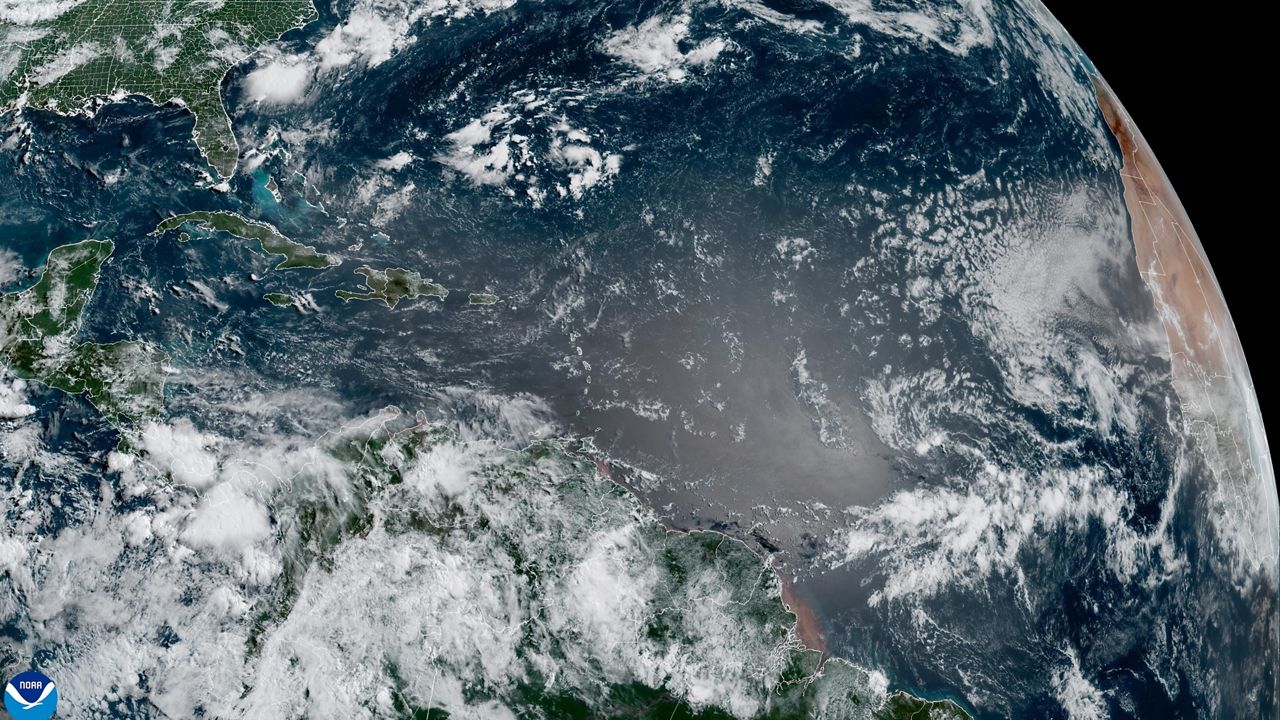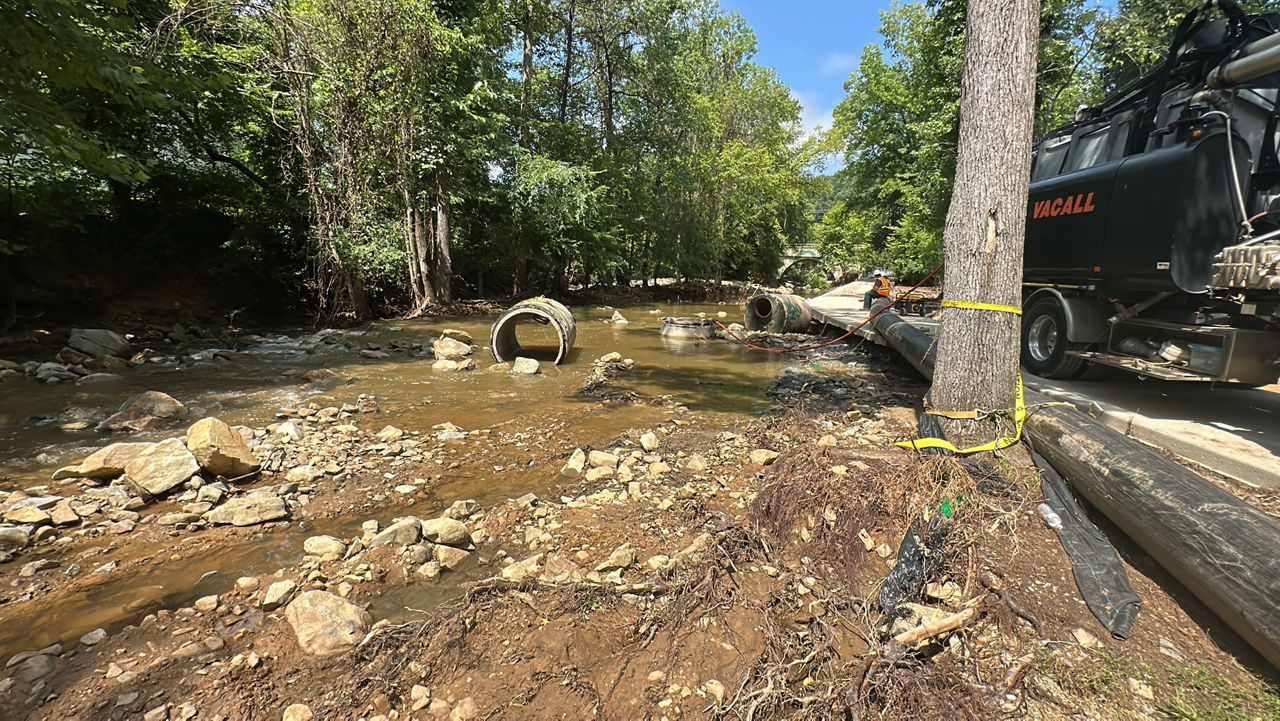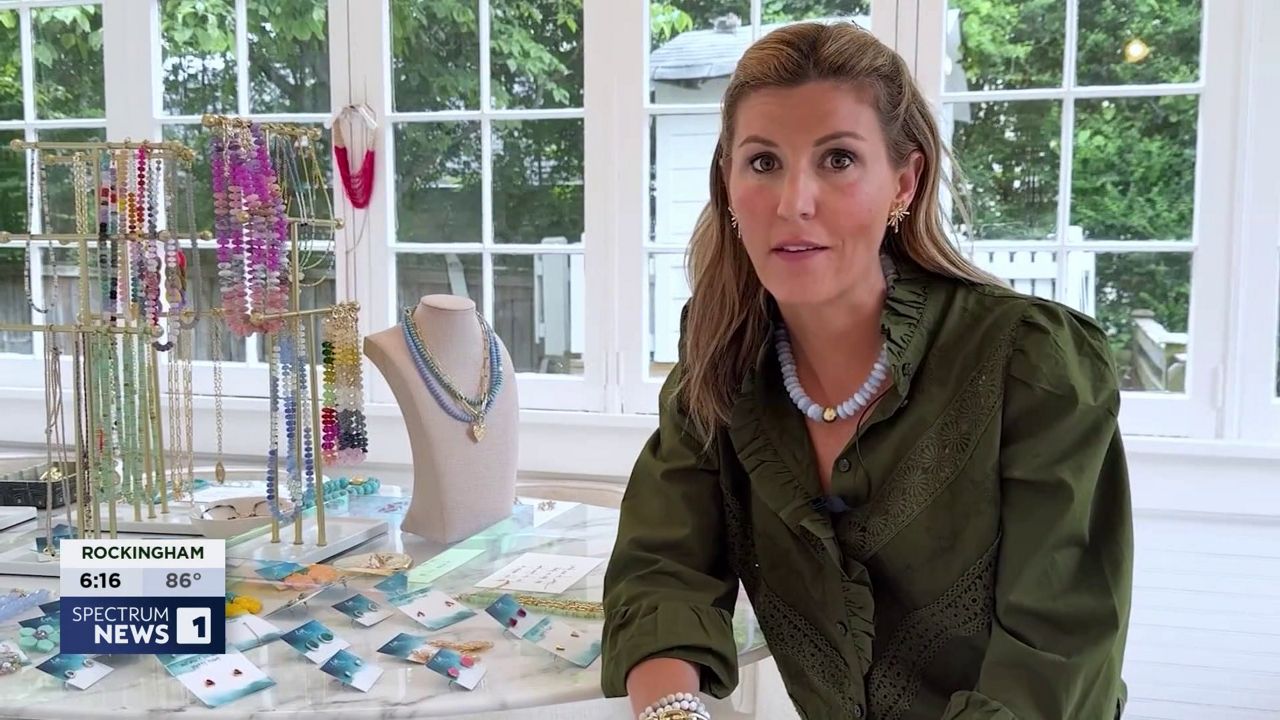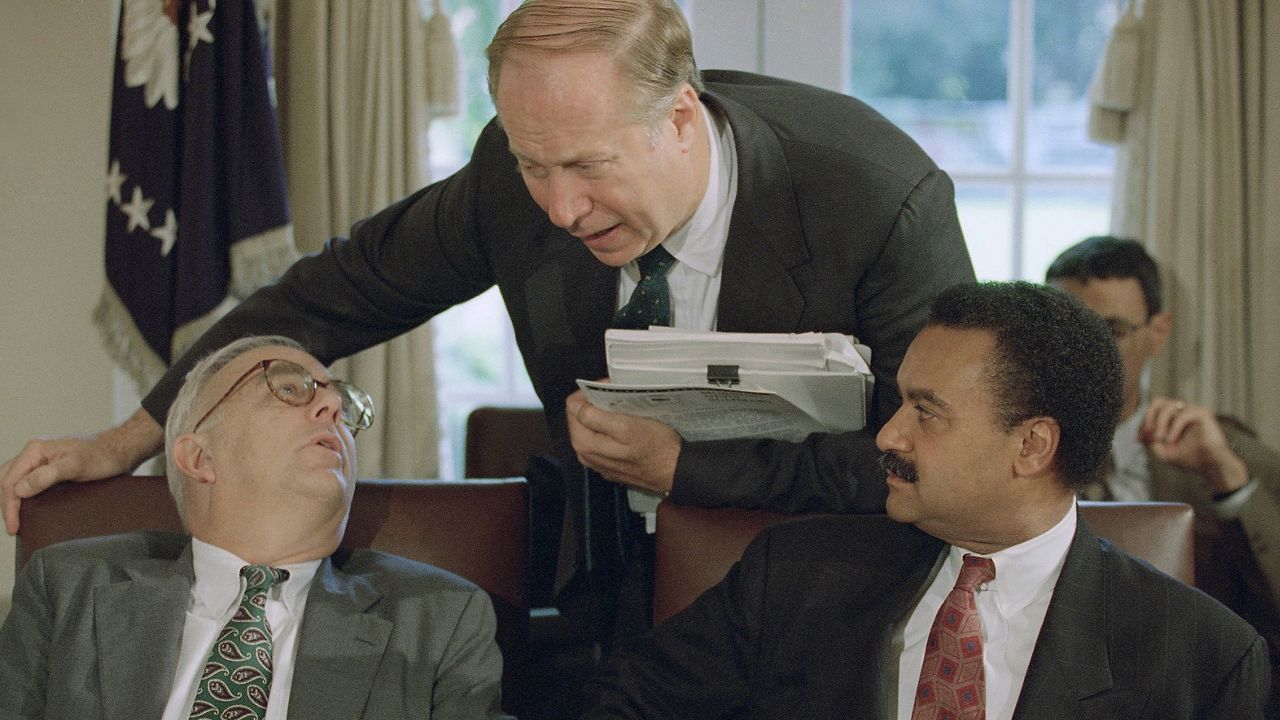RALEIGH, N.C. – Concerns, confusion and curiosity are growing about monkeypox in North Carolina, following a rise in cases and the World Health Organization declaring the virus a public health emergency.
In its July report, the WHO said cases in the U.S. were widely distributed across the country, with a few cases occurring in children and pregnant women, and 99% related to male-to-male sexual contact.
In response, state health officials are sharing information and combating stigma and discrimination being associated with monkeypox.
Guilford County Public Health Communications Manager Kenya Godette explained that monkeypox can affect anyone at any age.
“Anybody can get it and it's really dangerous to stigmatize any illness or virus,” Godette said.“Anybody can get it and it's really dangerous to stigmatize any illness or virus,” Godette said. “The way that you can contract monkeypox is really through close physical contact, and even contact like hugging, kissing, even things that you don't think about, like sharing bedding, sharing clothes, using the same utensils.”
The federal government has allocated over 4,500 doses of monkeypox vaccine to North Carolina, according to the state Department of Health and Human Services. That is enough to vaccinate about 2,300 people with the two-dose series.
“The federal government is sending vaccine doses to the states with the highest case count. So that's their benchmark for who gets it and how many they get," Godette said. "Specifically, here in North Carolina, we have received an allotment but they're following the same sort of rollout plan, whoever has the most cases will get it.”
Those doses have been distributed to nine local health departments that are offering the vaccine for free. The state expects more vaccine doses in the coming weeks.
To receive a monkeypox vaccine, the state has these qualifications:
- Anyone who had close contact in the past two weeks with someone who has been diagnosed with monkeypox, and
- Gay or bisexual men or transgender individuals who report any of the following in the last 90 days:
- Having multiple sex partners or anonymous sex
- Being diagnosed with a sexually transmitted infection
- Receiving medications to prevent HIV infection (PrEP)
Historically, most transmission of monkeypox has spread through animal to person, but this is the first time the virus is primarily spreading person to person.
“This is new for us. So, I think that we're trying to get out ahead of this thing and make sure that it doesn't spread any more than it needs to or than it could,” Godette said.
To protect yourself and others from the virus, health officials recommend you practice safe sex, know the sexual history of your partner, wash your hands and use an alcohol-based sanitizer.









